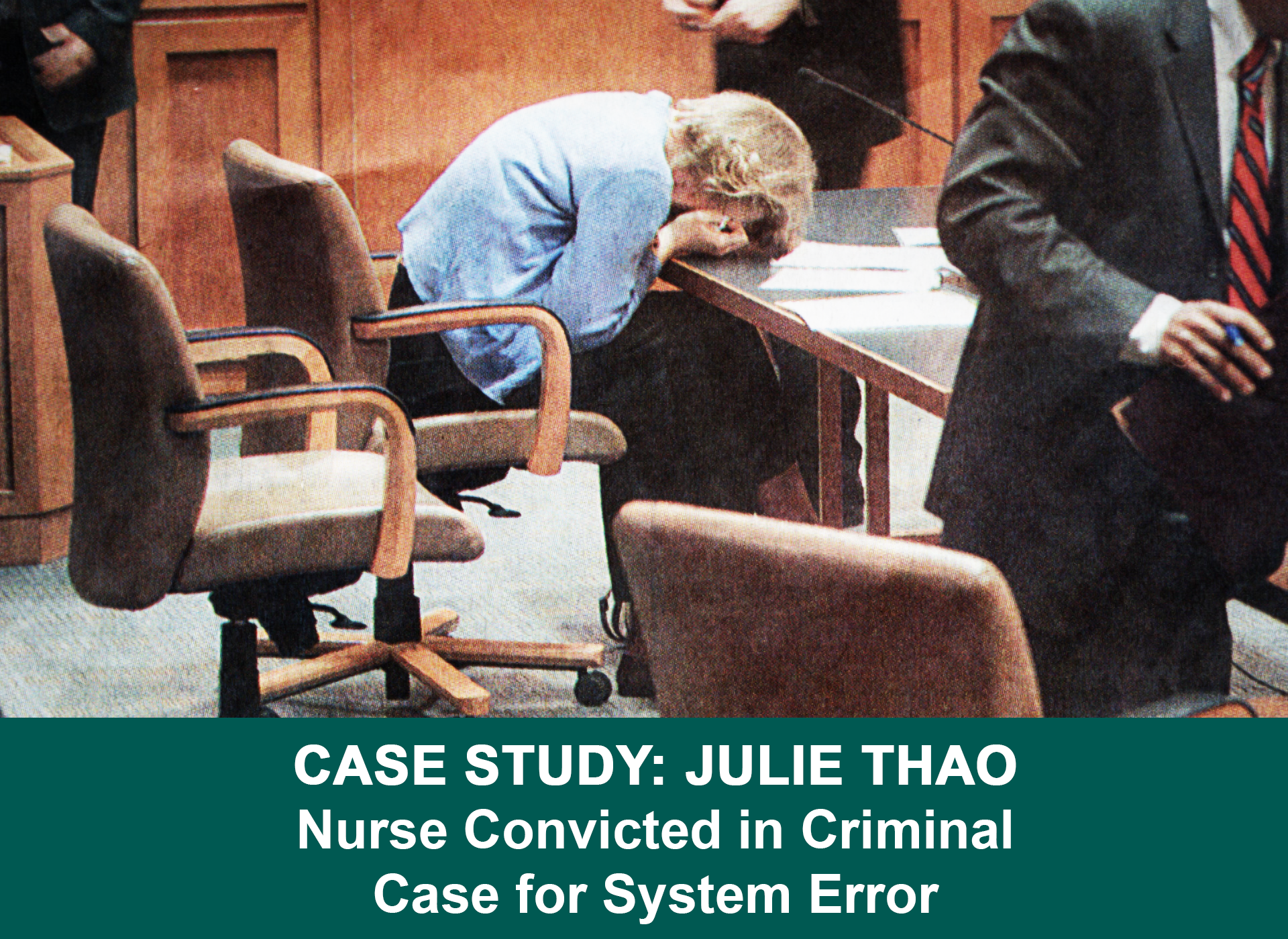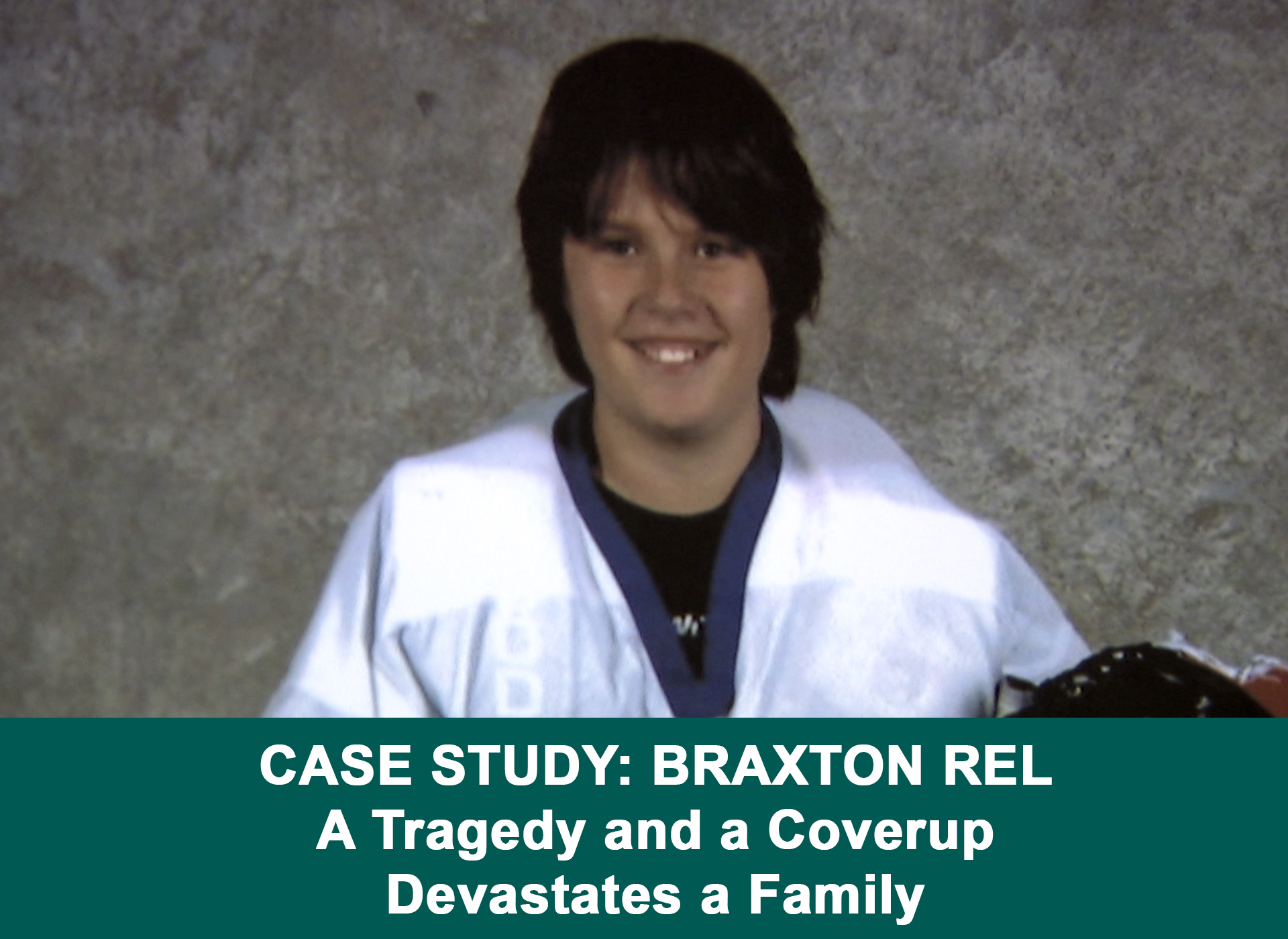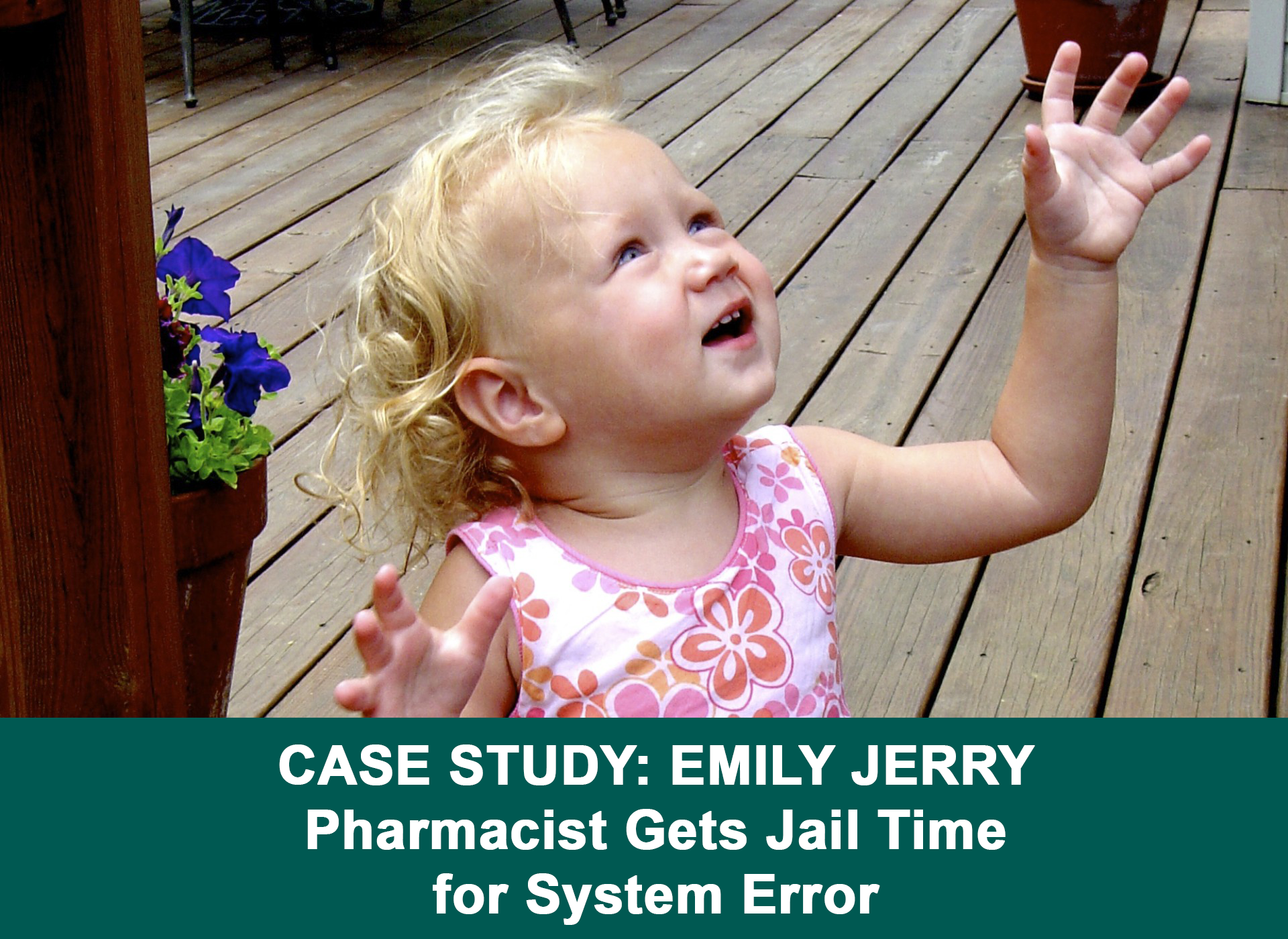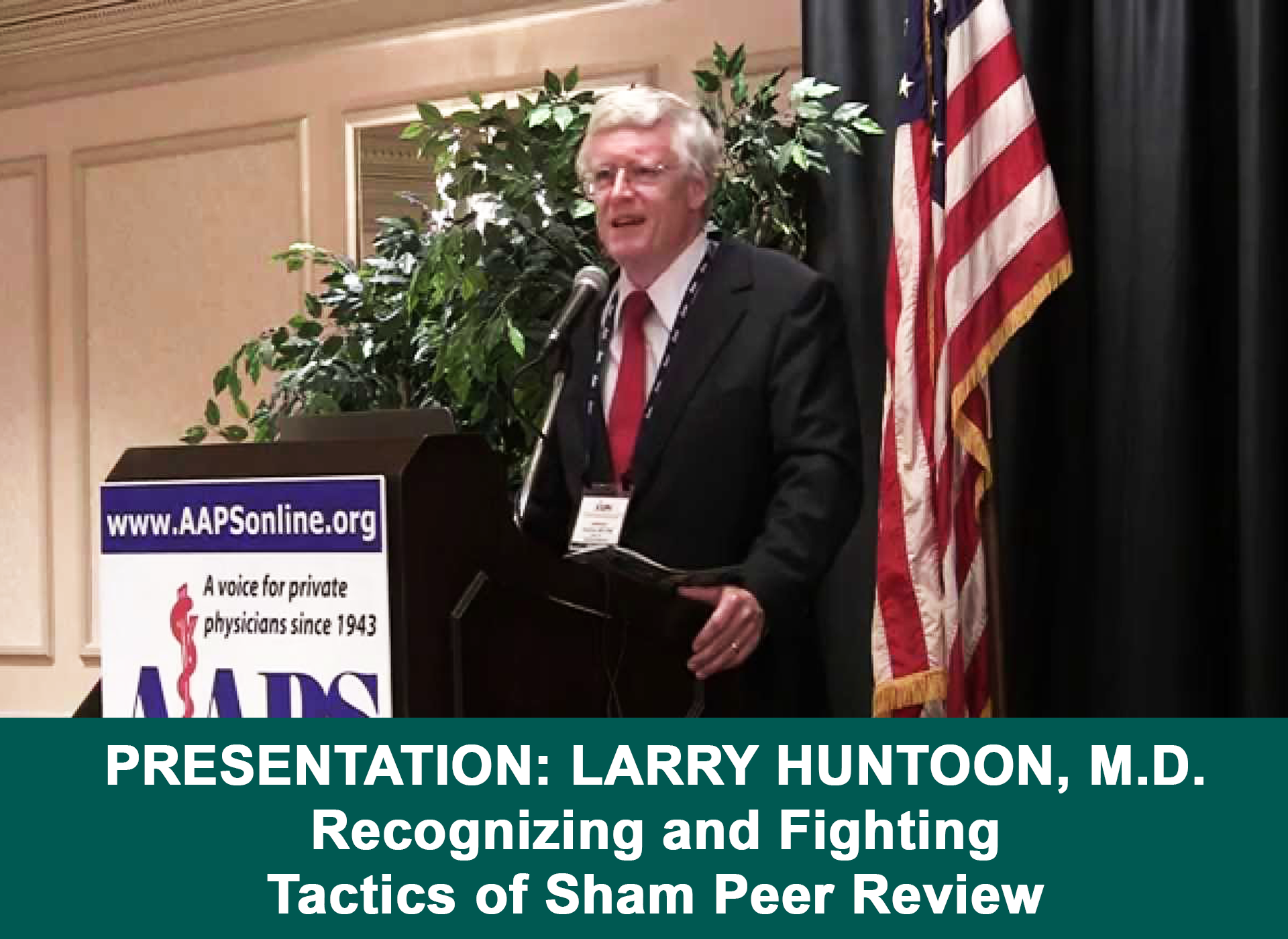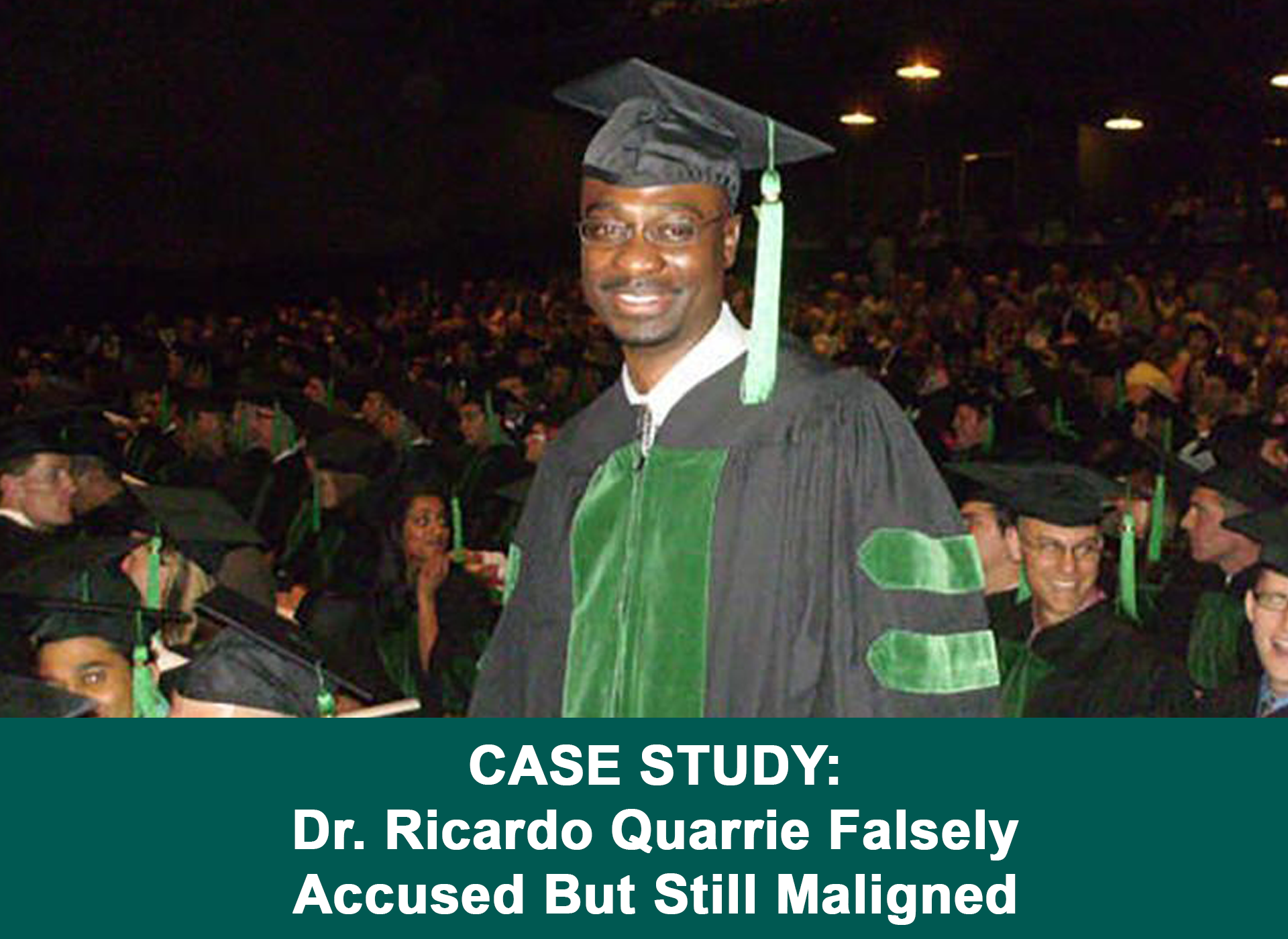
Why We Need The Healthcare Innocence Project
Our program stands on the shoulders of The Innocence Project. The new technology of DNA testing, that appeared 25 years ago was used by its founders to free the innocent. We will use the new technology of electronic records and the digital DNA in medical records and HR documentation to protect the professional identity of caregivers and the medical identity of patients and their families. Both caregivers and patients are often unjustly treated through the behaviors of healthcare insiders or outsiders. Weaponization of HR, sham peer review, discrediting patients and families after healthcare accidents, unjust harm through outsider cybersecurity attacks, and disinformation planted in the media are all critical issues. The Coronavirus Crisis has brought into focus new scenarios with the same behaviors by some organizations in response to caregivers expressing concerns about PPE availability and safety. To access our Coronavirus Response work, click here to go to the Med Tac Global Bystander Rescue program website. It serves our community of practice.
Patients, families, and caregivers suffer when unchecked power is abused by leaders.
Bullying of Caregivers and Victims
The physical, emotional, and social bullying of both caregivers, patients, and their families is surprisingly frequent. Read More
Real or Alleged Academic Fraud
There is an epidemic of academic fraud ranging from research falsification, fabrication, and un-declared conflicts of interest to peer-reviewed personal “hit pieces”. Read More
Bullying of Patient Families
The common practice of opposition research and defamation of patients and families by defense attorneys is at crisis proportions. Read More
False Accusations
False accusations that go viral are often made against caregivers, patients, researchers, and clinical leaders. Read More
